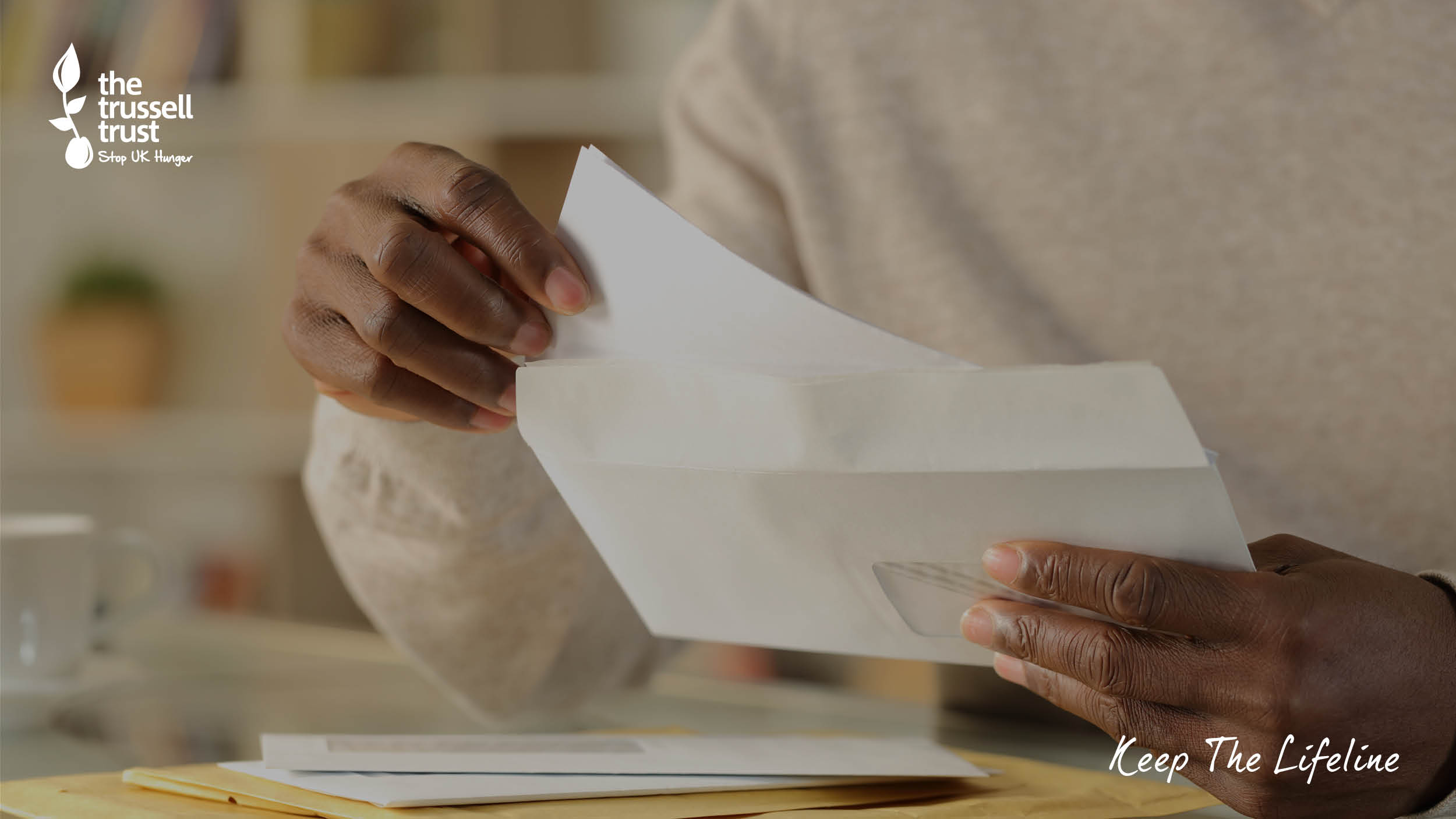By Alex, who will be hit by the £20 cut to Universal Credit if the Government goes ahead with their plans
The numbers around the impact of the planned cut to Universal Credit are, by now, more familiar; 1.2 million people could be forced to skip meals, 1.3 million people could struggle to heat their homes this winter and 900,000 people tell us they’re very likely not to have enough money to travel to work or make essential trips like medical appointments. But behind these stats are the people who live in our communities, who will feel the devastating impact of the cut.
Alex and his wife applied for Universal Credit when his job came to a complete standstill during the pandemic and his wife’s mental health deteriorated. Since then, they have been struggling to stay afloat and have skipped meals to be able to feed their son.
“I am a freelance photographer who struggles immensely with depression brought on by previously undiagnosed ADHD. I have worked all of my life since leaving school at 16. I left school and went straight into hospitality, where I quickly progressed through the ranks and became a sous chef and later became an executive chef. I’m not afraid to work by any means, working less than a minimum of 60 hours a week makes me feel lazy. I became a photographer in order to document the lives of people in the hospitality industry. I have worked alongside Michelin star chefs and their restaurants and also documented a few celebrity weddings.
The impact of the pandemic on our work
Life was pretty stable and enjoyable before the pandemic. My wife and I were pretty well grounded in our careers, and we welcomed our first child into the world. But during the pandemic my work also came to a complete standstill. This in turn forced me to look after our son full time as he was still too young for nursery.
Last year my wife was also diagnosed with bipolar 2 disorder. Her health has deteriorated immensely due to working throughout the pandemic. She has had to increase her medication dosage in order to find a balance between work and motherhood, though the medication has adverse effects on her wellbeing and ability to work. We had both made every effort to seek outside help in order to create a safer working environment for her. Try as we may, every effort has been in vain as her employer did not appreciate or accept her mental health issues. She has since had to leave that environment due to suffering with suicidal thoughts.
Since my son has turned one and the nurseries have opened up again, we have been able to access childcare in order for me to contribute to our monthly outgoings and ease the emotional financial pressure felt by my wife.
But despite my efforts, the work hasn’t been as frequent, and we are now faced with childcare costs that are equal to a second mortgage. We have considered the current government’s suggestions to retrain and find “better jobs” but this would likely mean we would both be likely to have to work traditional working hours, thus increasing our need for extra childcare, increasing our monthly outgoings, and essentially changing nothing about our current financial hardship.
Our main focus is to provide a safe environment for our son, who is the kindest, happiest little boy you could ever wish to meet. We work tirelessly to create a balance between being available to him as parents and being financially safe.
Applying for Universal Credit
We both made the decision to apply for Universal Credit in order to help with our mortgage and childcare costs. The two of us have sacrificed meals in order to give whatever fruit and veg left in the fridge to our son.
We don’t want to rely on the government for our income. We want to be able to work for our money and forge our way through the world. We want to teach our son that hard work, self-respect, and passion will bring satisfaction and happiness. We are one step away from food banks and working consistently to keep our heads above the rising tide. This whole situation is worlds away from where we’d ever wish to be. The sad thing is, we know it’s not just us in this position.”
We’re grateful to Alex for sharing his story and for highlighting why it’s so important to Keep the Lifeline.



